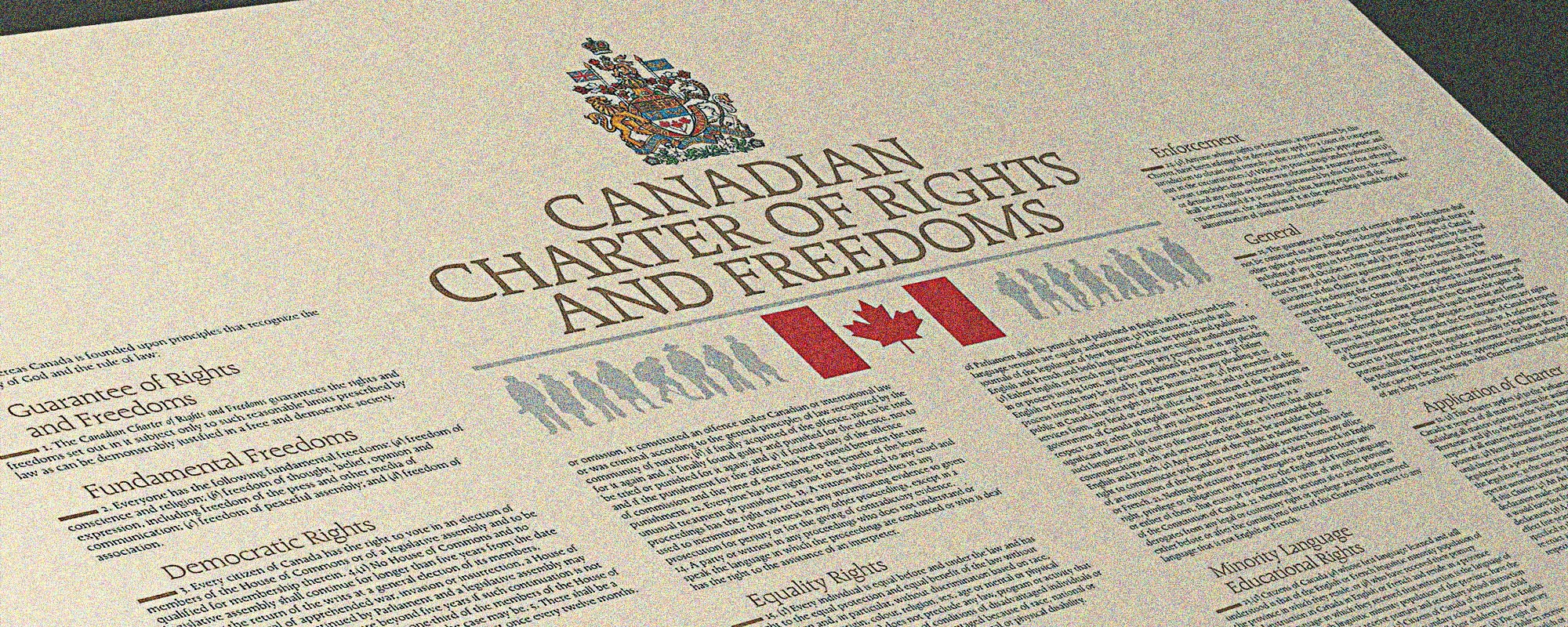Every citizen has a constitutional right to participate in elections in which their vote is not unduly diluted. The Canadian Civil Liberties Association (CCLA) is before the Quebec Court of Appeal this morning to defend this fundamental democratic principle in the case of Lalande v. PGQ.
In May 2024, the National Assembly interrupted the usual process of redrawing electoral boundaries by the Commission de la représentation électorale on the grounds that the legislature wanted to give itself time to reform the criteria on which the Commission bases its work. This redistricting process, which is required every second election under the Elections Act, is intended, among other things, to ensure that the votes of certain citizens are not unduly diluted because of their place of residence.
This freeze of the electoral map followed the controversy sparked by the Commission’s preliminary recommendation to combine the Bonaventure and Gaspé ridings in order to realign the voting power of citizens residing there with the provincial average. In practice, this freeze also prevents the Commission from preventing the dilution of the votes of citizens residing in other ridings in Quebec.
A coalition of citizens residing in these ridings challenged the freeze of the electoral map. Before the Court, this coalition argued that the interruption of the Commission’s work and the holding of the 2026 elections without a new electoral map unreasonably and unjustifiably violate their democratic rights protected under section 3 of the Canadian Charter of Rights and Freedoms.
On May 29, the Superior Court of Quebec concluded that the freeze on the electoral map violated section 3 of the Charter, but that this infringement was justified in a free and democratic society (section 1 test).
In analyzing the chosen measure’s level of impairment of the guaranteed right, the Court recognized the existence of at least one alternative to freezing the electoral map, but gave great weight to the fact that the National Assembly unanimously decided to halt the redistricting process. The Court referred to the existence of a parliamentary custom requiring that electoral laws be the subject of a broad consensus among the parties represented and concluded that, in the absence of evidence that possible alternatives would have generated such a consensus, the freezing of the electoral map satisfied the criterion of minimum impairment. In doing so, the Superior Court reversed the burden of proof under a section 1 analysis, since it required the plaintiffs—and not the State—to provide evidence of minimal impairment.
The coalition of citizens is challenging the Superior Court’s analysis of section 1 before the Court of Appeal.
The CCLA, which intervened at first instance, is intervening again on appeal to emphasize that the analytical framework for section 1 of the Charter is no less demanding in cases of infringement of democratic rights; on the contrary, case law requires a rigorous examination of the justification put forward by the State. This rigorous examination of infringements of democratic rights is justified by the fact that elected officials find themselves in a structural conflict of interest, whether real or apparent, when it comes to electoral matters.
The CCLA will also submit to the Court of Appeal that a court’s consideration of political support for a measure, including unanimous support from elected officials, distorts the “minimal impairment” analysis.
The CCLA thanks Julien Boudreault, Patrick Plante, and Filipe Costa of Borden Ladner Gervais LLP for their excellent pro bono representation in this case.
You can view the CCLA’s brief here.
About the Canadian Civil Liberties Association
The CCLA is an independent, non-profit organization with supporters from across the country. Founded in 1964, the CCLA is a national human rights organization committed to defending the rights, dignity, safety, and freedoms of all people in Canada.
For the Media
For further comments, please contact us at media@ccla.org.



